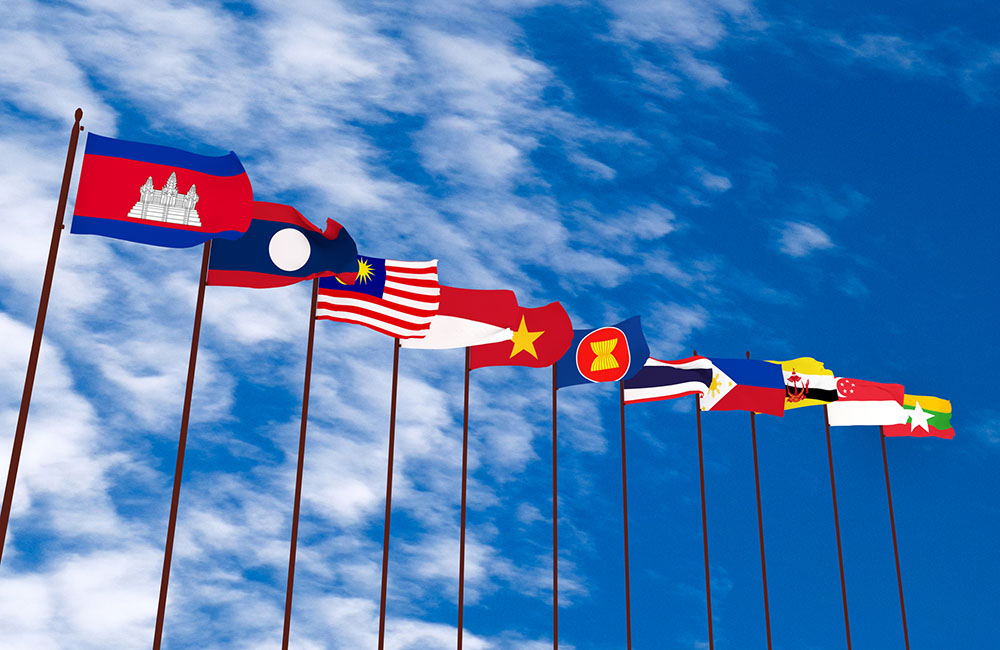Dollar Exodus: Why ASEAN Nations Are Ditching the USD in 2025
The greenback's grip is slipping in Southeast Asia—and the shift could rewrite global trade rules.
The De-Dollarization Domino Effect
ASEAN economies are quietly sidelining the USD for cross-border transactions, with local currency settlements now accounting for nearly 20% of intra-regional trade. No more begging for Fed liquidity swaps when you've got your own payment highways.
Digital Yuan Loopholes & Crypto Workarounds
China's CBDC pilot programs are eating dollar lunch money across ASEAN ports, while stablecoin volumes hit record highs. Guess those 'petrodollar recycling' seminars aren't drawing crowds anymore.
Gold-Backed Endgames
Central banks from Jakarta to Hanoi are stockpiling bullion faster than Bitcoin maximalists. Because nothing says 'monetary sovereignty' like commodity hoards that would make Smaug jealous.
The dollar isn't dead—but ASEAN just handed it a 'maybe see other people' text. Wall Street analysts will still call it a 'healthy correction' until their Bloomberg terminals start pricing rice in Thai baht.
ASEAN Says No To The US Dollar

ASEAN nations have now started to document a new change in their financial regimes. This change involves increased usage of USD alternatives such as the Chinese yuan or other native ASEAN currencies to transact within the region. The reason for this rapid change can be attributed to the US dollar’s weakening global influence amid aggressive tariff threats and currency weaponization.
Yoong told China Daily.
ASEAN leaders have long promoted the idea of a multipolar currency world, which is free from US dollar-inspired interventions. In one such instance, ASEAN leaders have pledged to promote regional connectivity to reduce volatile economic conditions that may cause chaos within their economies.
Chinese Yuan Expands Among The Southeast Nations
Apart from promoting the local currency narratives and concepts, the region is also witnessing the rapid adoption of the Chinese Yuan as one of its leading currencies.
Said Ying Jian, principal strategist at Bank of China’s Hong Kong Financial Research Institute
In addition to this, the People’s Bank of China has already signed agreements with ASEAN to strengthen their international ties, with the yuan being the primary supporting element.

